South Sudan cultural tour, 9 days
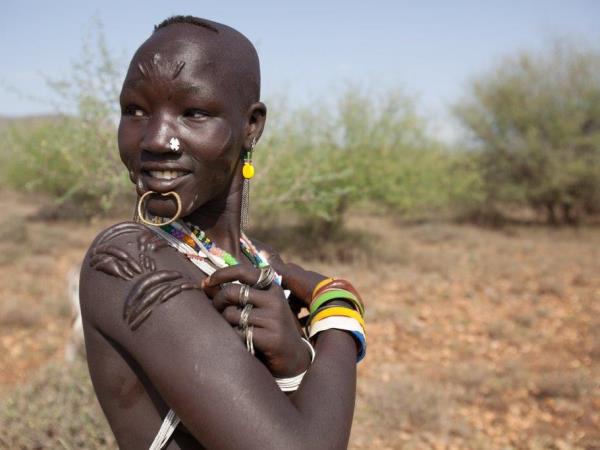
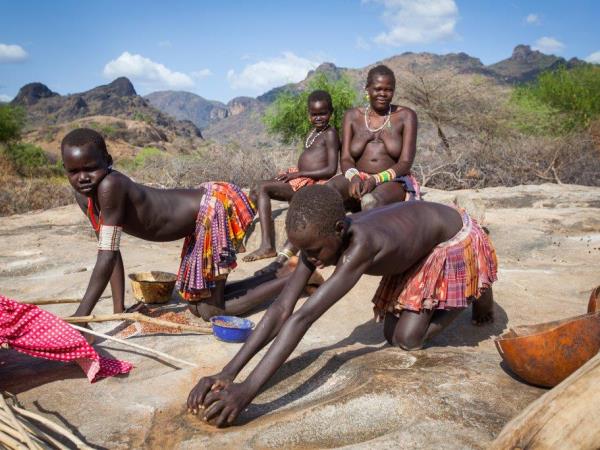
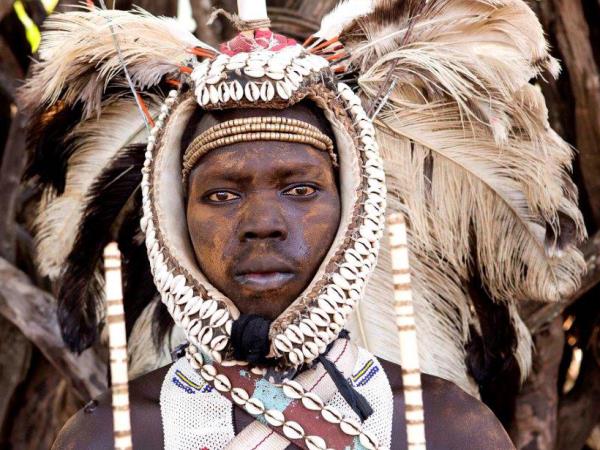
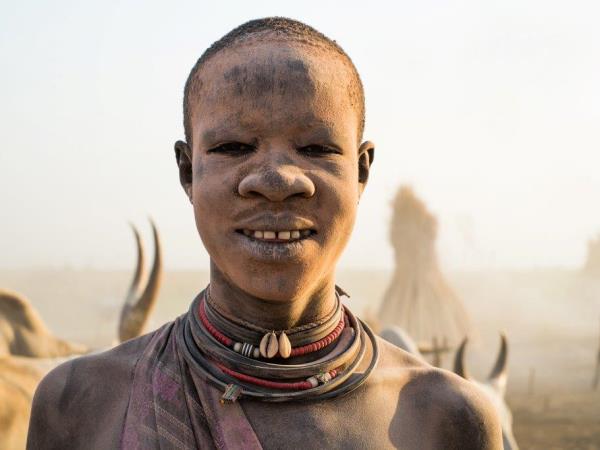
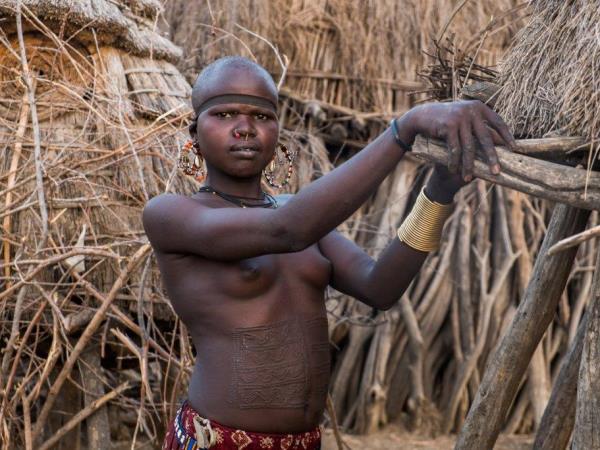
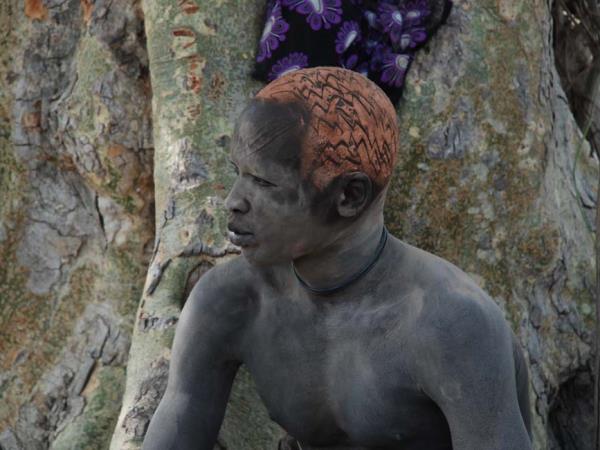
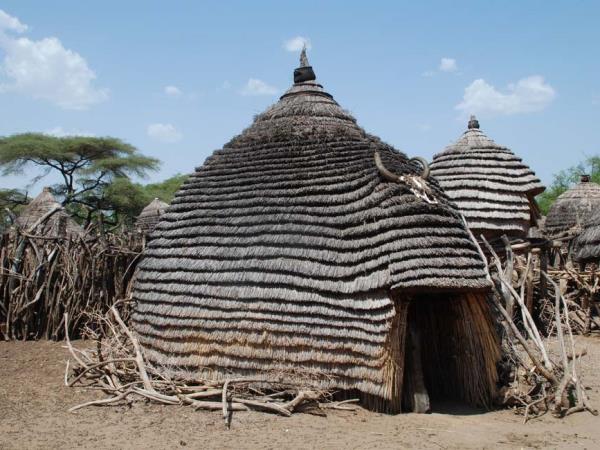
Overland tour of South Sudan only available for nine days at the start of the year featuring cultural visits to small settlements and tribal villages as well as overnight camping.
Juba Mundari villages Torit Toposa villages Boya villages Lotuko village Imatong hills
Description of South Sudan cultural tour, 9 days
Check dates
2025: 18 Jan
Travel guides
Vacations to South Sudan are a rollercoaster ride. You’ll encounter difficult scenes: roadside tanks and camps for the two million people displaced by ...
In French, they use the word ‘insolite’ to describe an unusual vacation. Which sounds a bit like insolent. Rebelling against the norm.
Responsible Travel
As the pioneers of responsible tourism, we've screened this (and every) vacation so that you can travel knowing it will help support the places and people that you visit, and the planet. Read how below.
Planet
This tour travels through some very remote regions, many of which have barely been touched by the presence of humans, and we strongly believe in maintaining their pristine nature. The nature of this trip means that many nights are spent camping. We strive to ensure that we leave these areas as we find them and our team have been trained in strict no litter policies, meaning that we take all refuse to either be recycled or properly disposed of in nearby towns. We use gas for cooking, but on occasions may use firewood – but only where this does not deplete natural resources and deprive local communities from using this themselves. Washing of dishes is carried out well away from any water sources so as not to contaminate them.Tourism barely exists at all in South Sudan, and local people including many hoteliers are unaware of the concept of 'responsible' tourism. As pioneers in tourism to the country we feel we have a very special responsibility to help make local people aware of environmental issues associated with tourism. In a country where the towns are often littered with plastic bags, it can be hard to persuade people not to litter as it seems to make little difference, but we ensure that our drivers and guides don't contribute further to the problem. We also speak with hotels about green practices such as not changing sheets daily, conserving electricity and other issues, and we hope that by repeating these messages, responsible tourism will start to become more important in the country.
People
As with many of the trips that we offer, this tour has a strong focus on local culture and different ethnic groups. Where possible we try to ensure that local people benefit from our presence.This is particularly pertinent in South Sudan. Across the border in Ethiopia's Omo Valley, tourism has had many negative impacts upon local populations and has led to a dilution of their cultural values and traditions. We recognise that as one of the only tour operators to visit this region we have a special responsibility to conduct our trips in a sensitive and responsible manner, and not to contribute to any degradation of local culture. It is very important that village visits are carried out sensitively and local people do not feel as if they are being ‘invaded’ or treated as exhibits.
By virtue of our small group sizes (maximum 12, but more typically 7-10) we visit these villages on a more equal basis than would be the case if we were a group of 25 people. We consult with tribal elders to make sure that our presence is welcomed, and always make use of a local guide from the particular village or ethnic group that we visit, to ensure that there is financial benefit to the local community. We do not encourage our travelers to give gifts to children but rather advise that they channel any donations or gifts through the elders, who can ensure that they are distributed appropriately. We also do not allow our travelers to pay for photos - in the Omo Valley this has caused significant issues which we are very keen to avoid causing here.
Travelers are briefed extensively on appropriate behaviour within the villages to ensure that we do not unwittingly cause offence.







